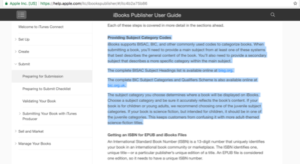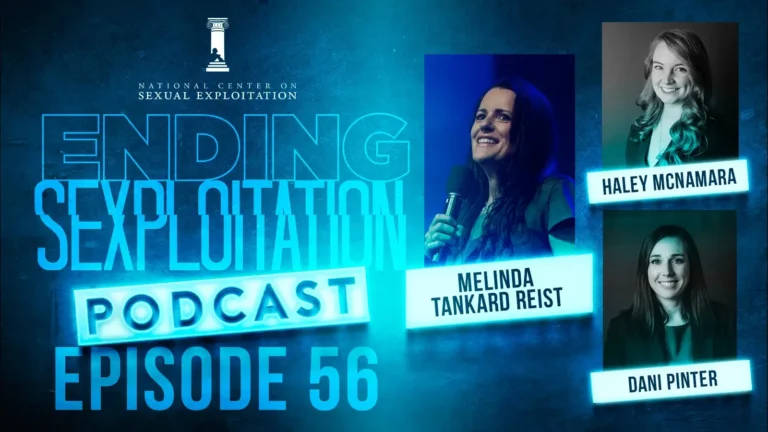WARNING & POSSIBLE TRIGGER WARNING: Graphic language and depictions are included in these sections.
Apple’s iBooks, while a useful app in many ways, is promulgating erotic literature that normalize rape myths in the Black community.
This literature has an immense effect on readers, and it’s astounding that Apple would agree to publish this content, considering their claim to be “committed to treating everyone in our business and supply chain with the dignity and respect they deserve. …We raise the bar every year to improve conditions and protect human rights. We do this because it’s the right thing to do, not because it’s required by law.”
Apple claims to care about humans, but the violent novels they sell portray sexual and domestic abuse as normal or even expected. Normalizing abuse in stories may seem harmless, but in reality, stories, visual and written, affect our brain with natural chemicals we experience in everyday life. According to the Harvard Business Review, “neuroeconomist Paul Zak‘s research indicates that our brains produce the stress hormone cortisol during the tense moments in a story,… [and] the cute factor of the animals releases oxytocin, the feel-good chemical that promotes connection and empathy. Other neurological research tells us that a happy ending to a story triggers the limbic system, our brain’s reward center, to release dopamine which makes us feel more hopeful and optimistic.” Literature affects our brain similarly to real experiences, and when literature contains positive messages of abuse and rape myths, there may be unhealthy consequences for the consumer.
Apple is aware of the extreme nature of these books but takes steps to keep the consumer in the dark. During the publication process, Apple provides two sources for authors to use in defining their book’s genre. One of these lists a variety of genres, subgenres, and sub-subgenres (the format is thus: Genre/Subgenre/Sub-subgenre) for the author to pick from, making categories fairly specific. This source includes Fiction/African American/Erotica as one of their categories. Apple obviously encourages authors to correctly label their genres by providing these sources but doesn’t transparently inform readers of the true category system in iBooks.

“Erotica” isn’t listed under the African American Fiction category on the main page, but is the second section once you enter the African American Fiction page itself.
Even worse, the erotic content isn’t labeled under the title of “erotica” but is deceptively located under the ambiguous section title “What’s Hot.” This section heading suggests to the Apple user that these books may be the most popular, and, believing that the topic is “safe,” they may read, or worse, allow their children to read, selections without suspecting the content may be harmful.
The books, which some may think are harmless romance novels, contain domestic violenceand sexual assault and normalize both abusive behaviors. They promote rape myths, teen pregnancy, teen sex, rape, and sexual misogyny. The stories target Black, Asian, Latin, and Indian races. Many stories feature “barely legal,” student-teacher, and “babysitter” sex. While the author may note that all characters are 18 or older, consenting adults, the covers feature young girls dressed up as children or in explicitly sexual positions, and many of the book descriptions mention that the girl is reluctant to participate or is involved in “forced sex.”
Forced sex is rape.
A variety of the books involve bondage and submission of minority races to white males.
See this webpage for evidence of these books published on iBooks. (Caution: trigger warning. Explicit language included.)
These ideas are damaging for every community, and potentially particularly for the Black community. The Department of Justice released a publication on domestic violence in the United States. “An estimated 29.1% of African American females are victimized by intimate partner violence in their lifetime (rape, physical assault or stalking).” These chilling figures only make the targeted normalization of sexual violence and domestic abuse of African American women more egregious.
To return to Zak’s research, reading such abusive perspectives may trigger reward chemicals in the human brain in reaction to the terrible behaviors that are portrayed positively in stories. Because these books normalize abuse and violence, readers may begin to accept abuse and rape as acceptable behaviors. This is especially dangerous to vulnerable communities that are already struggling under high rates of domestic violence and sexual abuse, like the Black community.
As the publisher for Apple iBooks, Apple must eliminate books that reinforce rape and abuse myths in the Black community.



